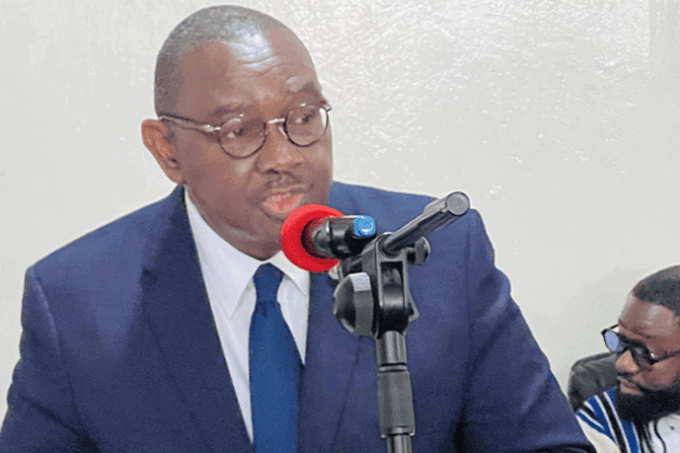Child Abuse in Liberia: A Case Study and Systemic Issues
The alleged abuse of a nine-year-old boy in Monrovia, Liberia, has sparked public outrage and prompted an official investigation by the Ministry of Justice. The incident, initially brought to light through social media, depicts the garage owner sitting on the child’s head, purportedly as a form of punishment. This act has been widely condemned as a blatant violation of child rights and highlights the vulnerability of children in informal apprenticeship settings. While the specific details of this case are still under investigation, it serves as a microcosm of the broader issue of child abuse within Liberian society, particularly within the context of vocational training.
The Ministry of Justice has responded swiftly, directing its Child Justice Division to investigate the matter thoroughly and bring the perpetrator to justice. This decisive action signals the government’s commitment to safeguarding children’s rights and upholding the rule of law. However, the incident also underscores the need for greater vigilance and preventative measures to protect children from exploitation and abuse. Public awareness campaigns, coupled with stricter monitoring of informal workplaces, are essential to curb such practices and create a safer environment for vulnerable children.
The practice of apprenticing young children to learn a trade is common in Liberia, often providing a crucial pathway to economic self-sufficiency in a country grappling with poverty and limited formal education opportunities. While this system can offer valuable skills and livelihood prospects, it also presents inherent risks, particularly when oversight is lacking. The power imbalance between the master and apprentice can create fertile ground for exploitation and abuse, with children often subjected to harsh working conditions, physical punishment, and emotional trauma.
The alleged perpetrator in this case, the garage owner, represents a figure of authority within this informal apprenticeship system. His alleged actions highlight the potential for abuse inherent within these unregulated environments. The lack of formal oversight and accountability mechanisms within these informal training settings creates opportunities for exploitation, often hidden from public view. The reliance on informal channels, such as social media, to expose such abuse highlights the need for stronger institutional mechanisms to protect children’s rights and ensure their safety.
The Liberian Child Rights Law of 2011 provides a legal framework for the protection of children, but its effective implementation remains a challenge. This law explicitly prohibits all forms of physical and emotional abuse against children, guaranteeing their right to a safe and nurturing environment. However, translating these legal provisions into tangible improvements in children’s lives requires concerted efforts from government agencies, civil society organizations, and communities. The incident underscores the urgent need for robust enforcement mechanisms and community-based child protection initiatives to ensure that the law’s protections are effectively realized.
Beyond the immediate investigation and legal action against the alleged perpetrator, the incident calls for a deeper examination of the systemic issues that contribute to child abuse within Liberia. This includes strengthening child protection services, promoting positive parenting practices, and addressing the underlying socioeconomic factors that often drive families to place their children in vulnerable situations. A comprehensive approach involving education, awareness-raising, and community mobilization is crucial to create a culture of child protection and break the cycle of abuse. The government, in partnership with civil society and international organizations, must invest in preventative measures and provide adequate resources to ensure the safety and well-being of all Liberian children. This incident serves as a stark reminder of the ongoing challenges in protecting children and underscores the collective responsibility to create a society where their rights are respected and their safety is guaranteed.


